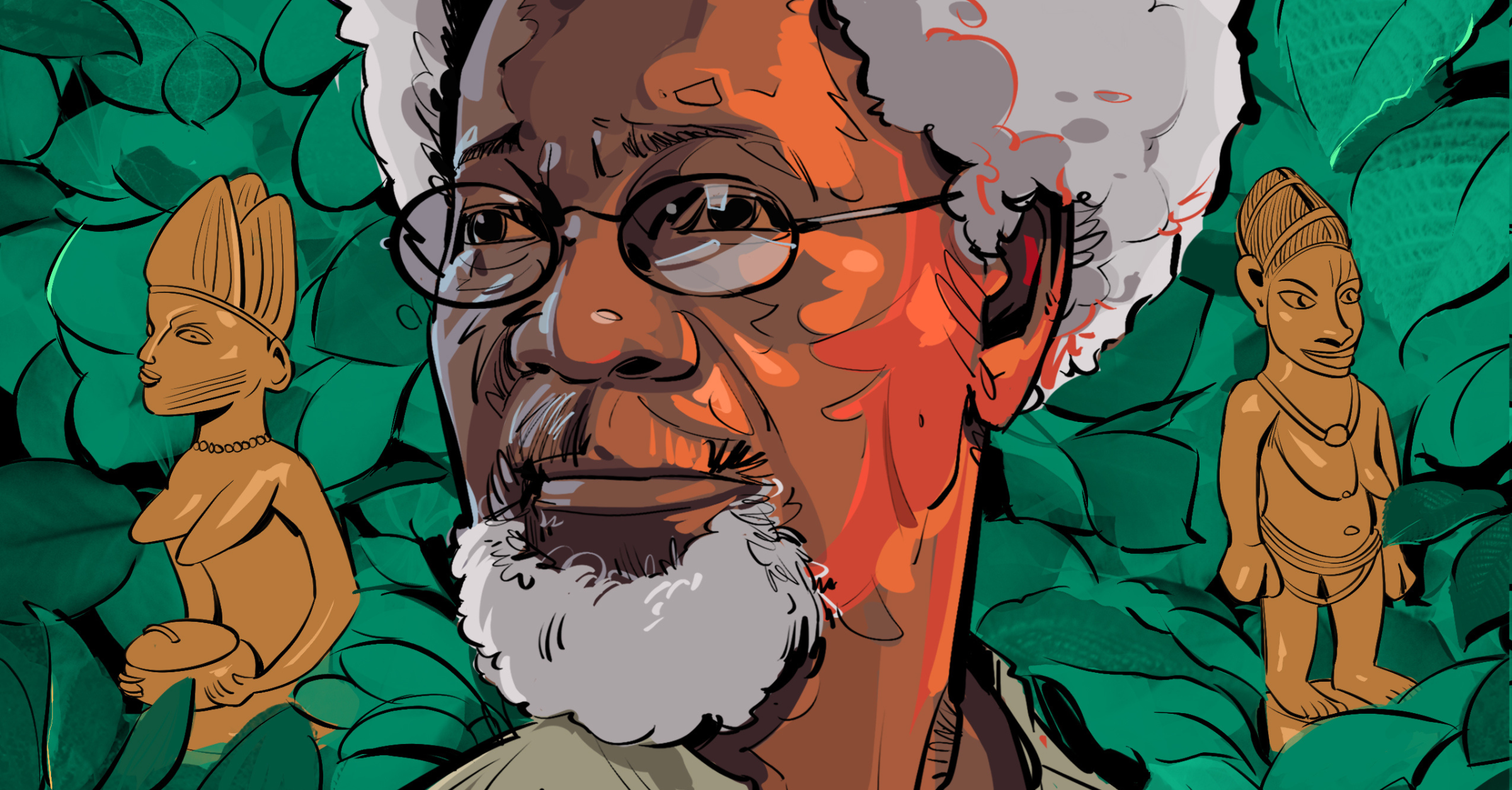‘My Work as an Artist Transcends Mere Social Commentary’ Olusegun Tosin Kalejaye’s First Draft
Nigerian visual artist and book cover illustrator, Olusegun Tosin Kalejaye, says his work transcends mere social commentary: ‘Rooted in storytelling, representation, identity, and historical documentation, my work as an artist aims to evoke a profound emotional response in my audience, serving as a catalyst for change.’ Read More...













